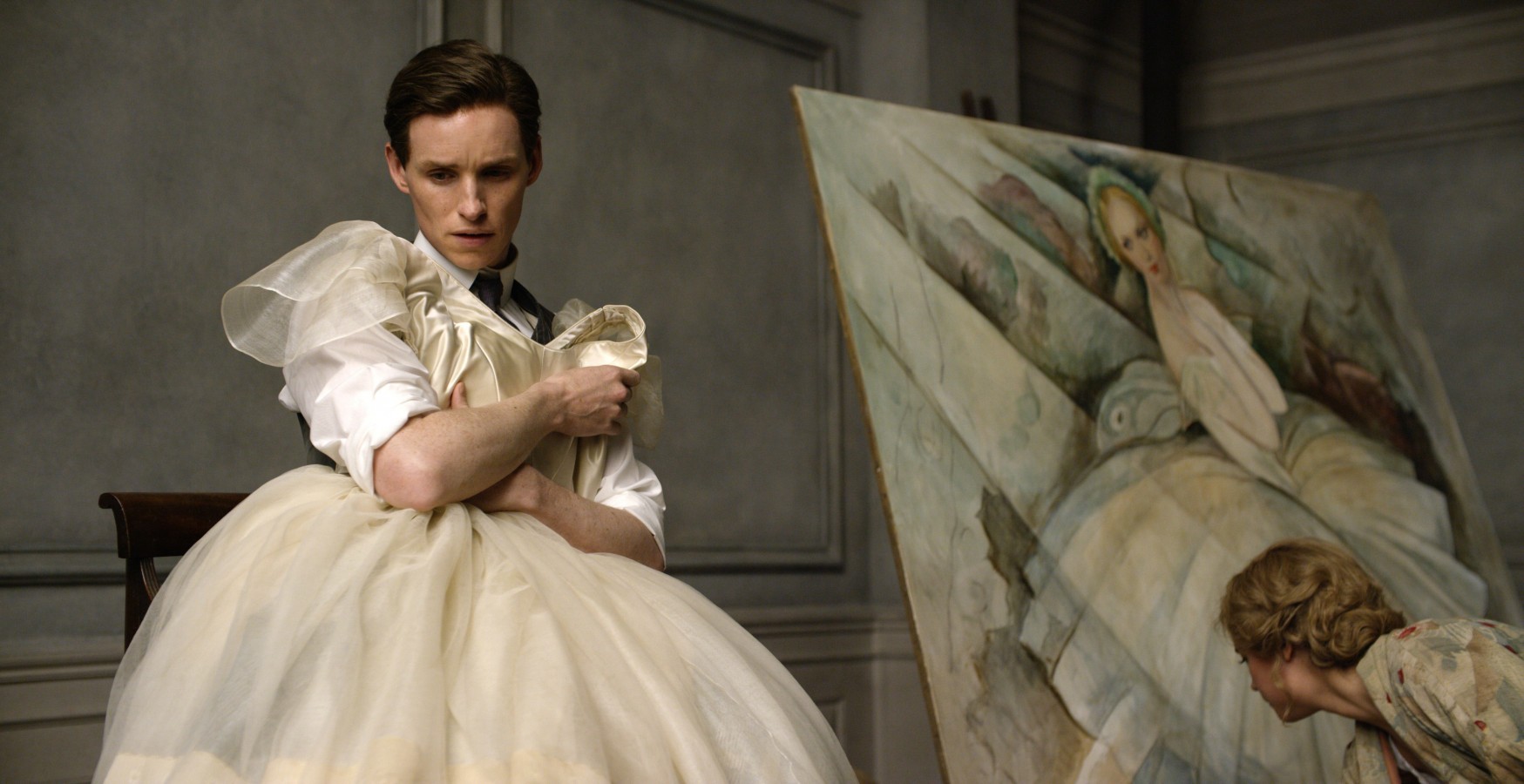
THE DANISH GIRL (R)
Released by Focus Features
Reviewed by Adam Mast
THE DANISH GIRL— or as it’s referred to in some circles, OSCAR BAIT: THE MOTION PICTURE — is an eloquently shot drama from THE KING’S SPEECH director Tom Hooper. It’s a period piece about a sexual identity crisis in a time when a label for the term was virtually non-existent.
THE DANISH GIRL is loosely inspired by the life of transgender pioneer Lili Elbe (Eddie Redmayne), an artist who would take the bold steps to become the individual she always truly felt she was. But it’s not so much her transformation (Lili’s birth name was Einar Wegener) that serves as the most interesting aspect of THE DANISH GIRL. The real heart and soul of this picture is Lili’s relationship with artist Gerda Wegener (Alicia Vikander), a woman who I would personally hail the most caring, sympathetic, and supportive wife of 1926.
To say that Lili and Gerda had a complicated relationship would be a gross understatement. It was the kind of soulful and undeniably compromising union that Caitlyn and Kris Jenner could only hope to have. This isn’t to say there weren’t turbulent times between the artists, but in the end, Gerda’s true love for her soul mate would rise above whatever confusion and anger she might have been experiencing at the time. Come to think of it, there are aspects to their relationship that are akin to the marriage between Redmayne’s Stephen Hawking and Felicity Jones’ Jane Hawking in last year’s THE THEORY OF EVERYTHING.
Redmayne is solid here, and once the confusion of Lili’s plight comes to surface, this committed actor does a great job selling the conflicting nature of this artist’s most complicated situation. Redmayne is essentially playing dual roles here, and while the proceedings do tend to get a little heavy-handed and even a bit campy at times, Redmayne is able to bring emotion and vulnerability in equal measure.

For all of Redmayne’s drive and commitment, however, this is gorgeous Alicia Vikander’s show. Her Gerda actually proves to be a considerably more complex character than Lili, if you can believe that. As a working female artist in a sexist time, it’s hard enough for Gerda to make a living in a man’s world, but then she’s asked to show compassion when her soul mate eventually informs her that she’s not really a man. Vikander is positively stellar here as a confused but wholly sympathetic woman who is asked to make some truly tough choices.
And there lies a big problem with THE DANISH GIRL. Clearly, this movie is designed to be an enlightening look at Lili and her pioneering journey, but quite frankly it’s Gerda who emerges as the true hero of this story. If anything, there’s a certain level of selfishness behind some of Lili’s actions that left me feeling a bit angry by the time this film came to a close.
From a technical standpoint, THE DANISH GIRL is a sumptuous production. It’s beautifully shot and complemented by a stirring Alexandre Desplat score, and as previously stated, the central performances are strong. Furthermore, there’s no doubt that the film has its fair share of complex and emotionally powerful moments. In the end, though, the script by Lucinda Coxon (based on the book by David Ebershoff) tends to feel too much like an agenda movie as opposed to something like THE IMITATION GAME, which was far richer and infinitely more subtle portrayal of a sexual identity crisis.




